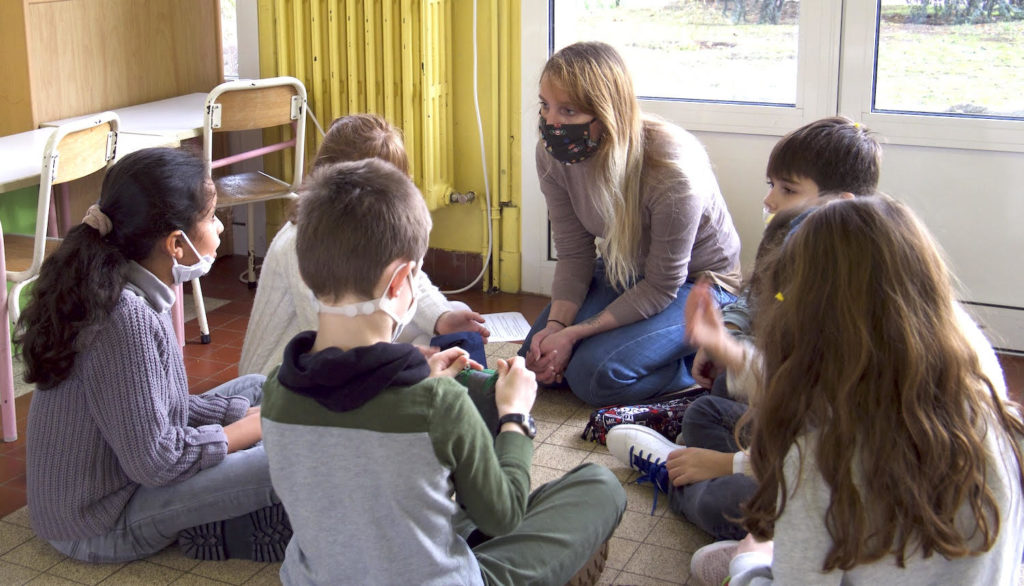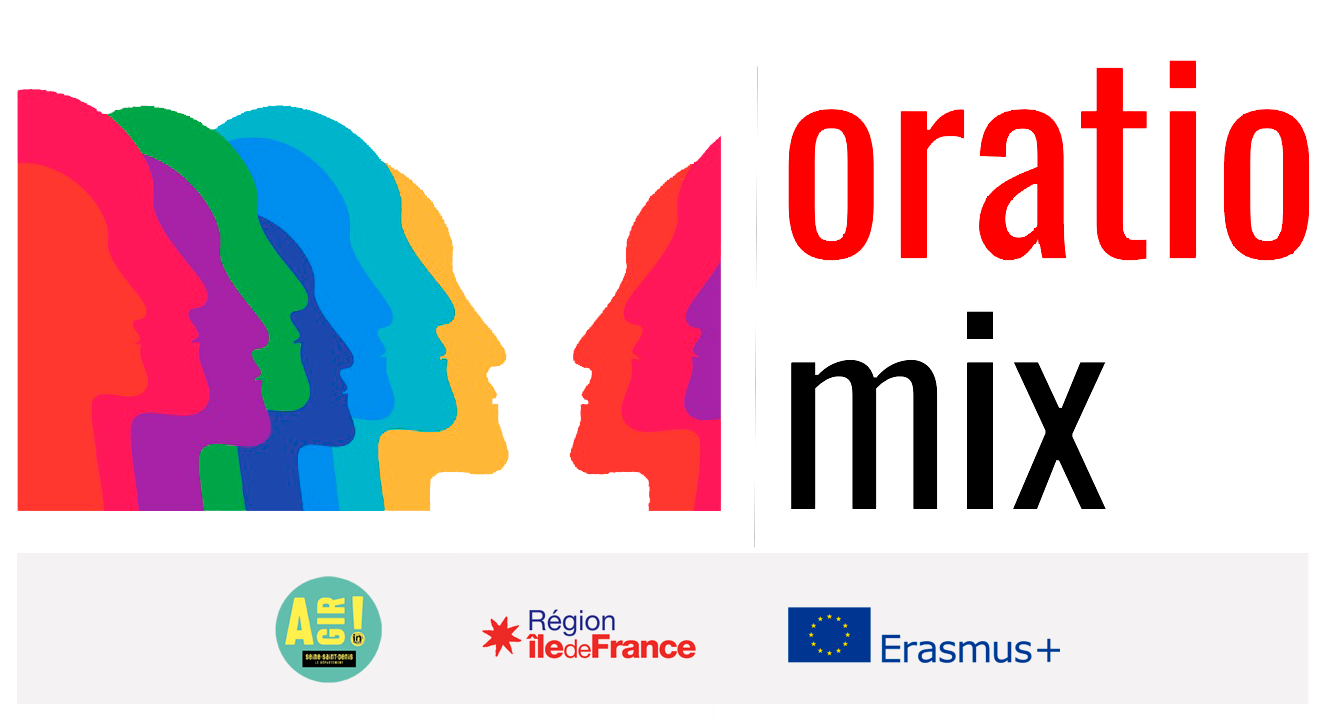The challenges
How can we build an approach that leads to a new intercultural dialogue in order to offer Europeans an alternative space to crises and tensions? How can we encourage the writing and expression of a positive common narrative that makes people want to continue building Europe, including all its components?

Intercultural dialogue in Europe is both a priority and a sensitive issue to be addressed depending on the country concerned. It questions the relationship between Europeans and each other, but also between Europeans and the rest of the world.
European cohesion has been put to the test in recent years: the enlargement of Europe, the draft Constitution, the financial crisis, the migratory crisis, terrorism and now the health and soon the economic crisis.
These periods put “dialogue and interculturality” to the test, with reactions of rejection, exclusion, nationalist withdrawal or extremism.
What better place than the school to explore and express these issues?
It is understood that today's students represent the future of Europe. Many of them experience the issue of intercultural dialogue in a concrete way, often more acutely than their elders. In schools, the first social and cultural mechanisms on which pupils will build their values and behaviour are played out. It is often at school that children learn the alternative between expressing themselves through violence or eloquence.
Today, some young people are developing a capacity to take on issues that their elders have difficulty in understanding. The recent example of the debate on the ecological crisis and the questioning addressed by young people to their elders seems inspiring. We see it as a sign of the greater agility of Europe’s schoolchildren to carry the values of a more inclusive society!
The situation of children in Germany, France, Italy and Portugal is very diverse. In some schools located in less privileged areas or with a large mix of pupils, many lack the reference points to define themselves or the Other. This ability is fundamental for integration in a society that sometimes judges young people on their oratory skills: in their studies, in their relationships with each other or with adults.
What proposal could emerge from this observation on interculturality and expression among children and young people? How can we put into action a project that brings into play both expression and interculturality? How to translate it into an approach aiming at giving European pupils and their teachers new pedagogical tools?
It is in this framework and with this objective that Oratio mix proposes to participate.
